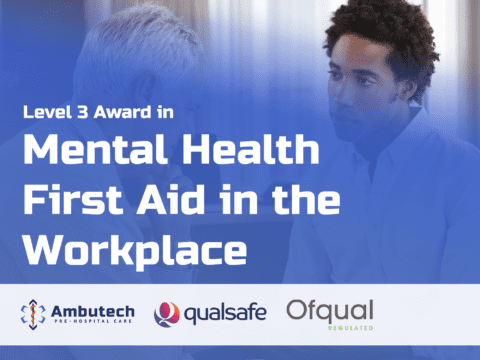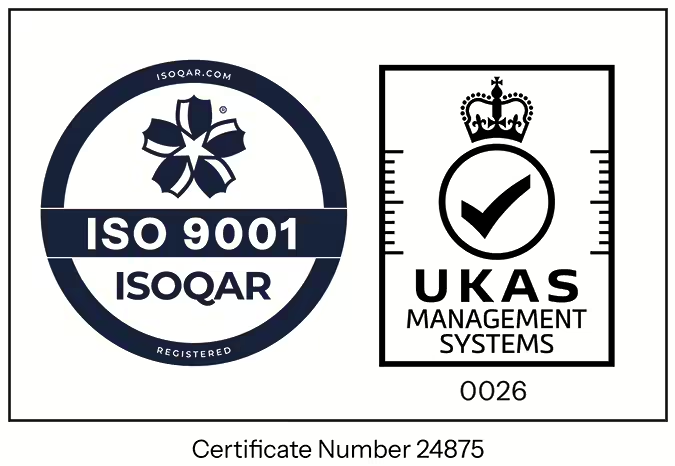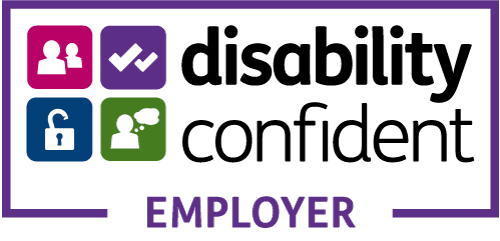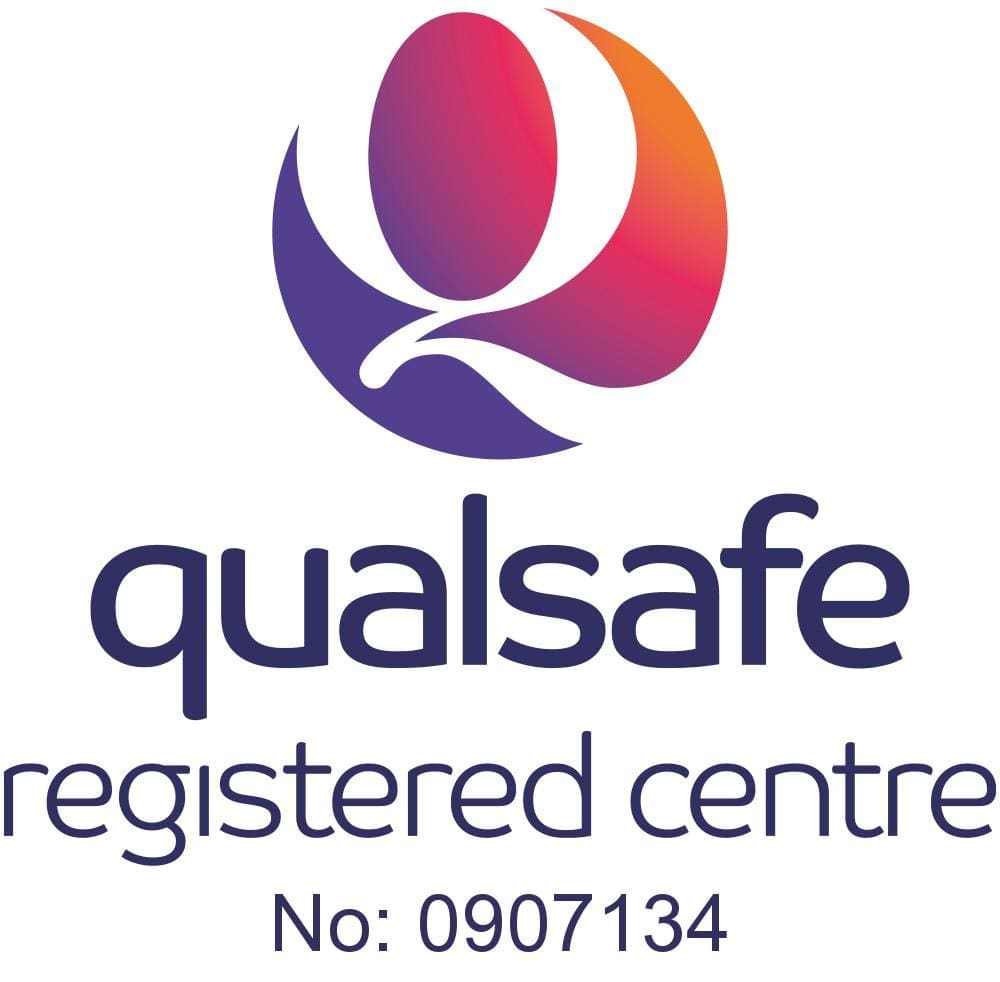Safeguarding training plays a critical role in pre-hospital care settings by ensuring the safety and well-being of vulnerable individuals. In these environments, healthcare professionals encounter patients who may be at risk of harm due to various factors such as illness, disability, or social circumstances. Without adequate training, it can be challenging for healthcare providers to recognise signs of abuse, neglect, or exploitation, potentially leading to serious consequences for patients.
Safeguarding training equips professionals with the knowledge and skills needed to identify, report, and respond to safeguarding concerns effectively. This includes understanding legal and ethical responsibilities, recognising indicators of abuse or neglect, and knowing how to initiate appropriate interventions and referrals. By empowering healthcare professionals with this training, service providers can create safer environments for patients, promote a culture of accountability, and uphold the highest standards of care and professionalism.
Ultimately, safeguarding training not only protects vulnerable individuals but also strengthens trust in healthcare systems and ensures that everyone receives the support and protection they deserve.


















